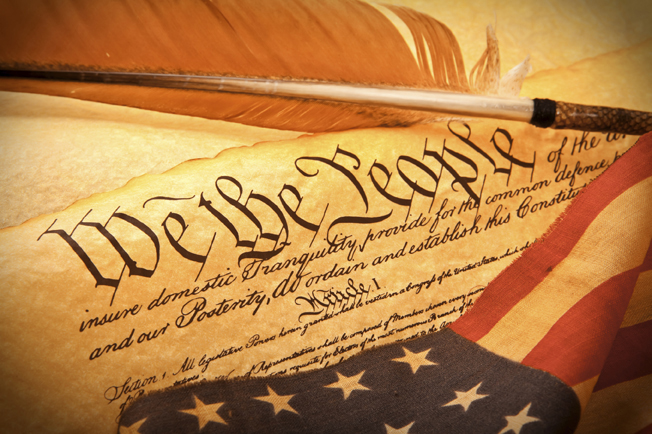 The media labels a myriad of people, groups, nations, ideologies and actions as un-American.
The media labels a myriad of people, groups, nations, ideologies and actions as un-American.
Many of these labels are partisan and generally unfair, but whether you are Republican or Democrat, there is one group of people, which embodies what it means to be un-American—the non-voter.
A Suffolk University/USA Today poll of 800 Americans nationwide indicates as many as 90 million Americans will refuse to vote. That is, 40 percent of the eligible voter population from 2008, or 29 percent of the current population of the United States. There are approximately 230 million eligible voters out of roughly 314 million Americans.
Among un-registered, unlikely voters, 26 percent said they don’t have the time, and 12 percent feel their vote doesn’t matter. For registered, unlikely voters, 17 percent didn’t know why they wouldn’t vote, and 13 percent are exercising their right not to vote. Another 12 percent don’t think their vote matters, and 12 percent dislike the candidates. The worst part is 58 percent of these unlikely voters admit the fact politics makes a difference in their lives, and 79 percent feel the role of government is important to their lives.
Based on the numbers, it is clear apathy is the greatest factor keeping unlikely voters from the polls. These apathetic Americans are a disgrace to our nation, as well as to the precepts of American Republicanism, painstakingly developed by our Founding Fathers, in particular James Madison and Alexander Hamilton.
These men resisted British Monarchy through the Revolutionary War, revealing a more evolved form of representative democracy for the newly developing nation of America. Madison and Hamilton were charged with defining our new government—the ideals and principles it would stand for and protect, how the seat of government would be structured and managed, and how power would be derived legitimately and enacted upon the people.
Their answers, my fellow Americans, were found in the people. The idea the American government derives its power from the voting populace came to be because the extent of our nation allows for proper vetting of candidates for office. The magnitude of our voting population can stifle the ability of any corruptive force to overwhelm the will of the people and carry the vote.
That may seem like a lot to process, but think. Is it easier for one man to secure five in 10 votes or 50 million out of 100 million? Madison postulates, the greater number of people involved, the more divergent the personal interests, which contributes to the difficulty of faction to capture a majority vote. What Madison and Hamilton laid down for us was awe-inspiring in its complexity. Yet the practical mechanism to carry out this new platform of Democracy is so simple.
Next month, I shall venture into the specifics of the individual vote.

